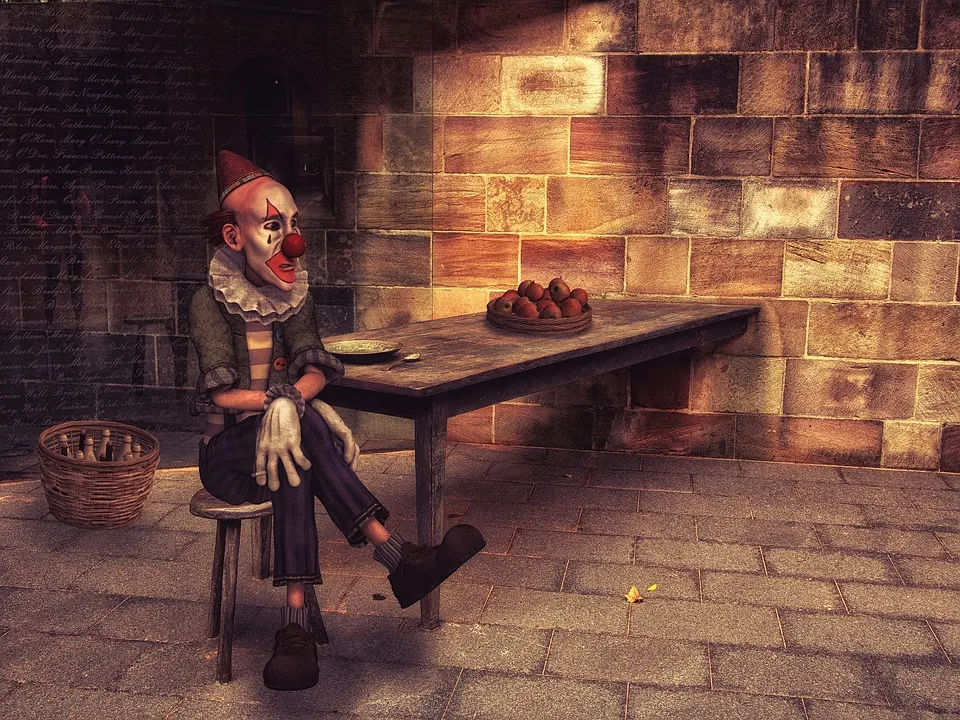How can a person endure their stay in this world, were it not for these beautiful illusions (art, ideals, laws of alleged salvation...), other than that, the truth leads only to three ways: absolute indifference (which is a higher degree of prudence) or insanity (It is the eye of awareness of the world) or suicide...
Melancholy belongs to the record of absolute indifference, where belonging to non-belonging, and there is no reason to commit suicide because suicide is usually the result of late disappointment. Emil Cioran says in a cursory fragment:
Only optimists, optimists who are no longer able to continue to be optimistic, commit suicide. As for others, why do they have a justification for death when they do not have a justification for life?
The Melancholy is a happy being from the intensity of sadness because sadness is an antidote to itself, there is no fear of anything, then there is no hope for anything, no expectations or disappointments. It is sufficient to enjoy what is available, because pleasure is the source of all goodness according to the teacher “Epicurean”, and all goodness is in avoiding everything that causes pain.
The Epicurean Ethics is a perfect recipe for a happy Maleniculian life: enjoyment within the limits of what is available, avoiding everything that constitutes a source of pain, not fearing death or paradoxical power, and the ability to ascribe pain and reconcile with it.
The Melancholy tries to break free from all the specific ties in a tribal way, as the homeland has no meaning because it is a geographical coincidence, and the family has no meaning because it is based on biological imperatives, and there is no meaning for relationships based on contingent and accidental emotions.
Therefore, he is resolute in his boycott of the idea of marriage and procreation; In the increase of offspring an increase in the number of miserable people. It came in the Musannaf al-Darari in the mention of al-Dharari by Ibn al-Adim al-Halabi that a philosopher was asked: Why not ask for a boy? He said: Out of love for the boy.
It was said to another: If you married and had a son to be remembered by, he said: By God, I did not accept the world for myself to accept it for someone else.
They should not assume that the happy Melancholy is a preacher of hatred or an eternal liquidator, as he gradually loses the ability to love and hate during his short life, nothing is worth hating, as well as with regard to love, all beings are equal because they are void of authenticity and the grasp of the wind.
Life is useless, and if we set a goal for it as a matter of conceiving, it will inevitably be death. Death is no longer a source of fear, but a good friend of the happy Melancholy, and its goodness lies in its life-giving wisdom.
The Melancholy ridicules the human type, and even feel ashamed if they remember their belonging to this type, so they are condemned in their representation of the world by “the will of annihilation”, and this will tends to the existential termination of the human species in general so that the natural order returns to its course.
Their disobedience caused the corruption of the world despite the apparent civilizational progress. Jean-Jacques Rousseau says in his pioneering essay on science and the arts:
...and our selves increased in corruption as our sciences and arts became more perfect. That some say that it is a catastrophe specific to our time. No, gentlemen, the evils of our vain curiosity are as old as the world...
Is there a desire in the soul of a happy Melancholy to repair what has been corrupted? No, the damage is enormous and its reparation is now hidden from view. The Melancholy is nihilistic at the general ethical level and at the political level. Every measure of public affairs is a measure of pain, and every authority creates its own Frankenstein metamorphosis, knowingly and unknowingly. For criminal regimes, as Milan Kundera says:
It was not built by criminals, but by enthusiastic people who are convinced that they have found the only way that leads to heaven.
The happy Melancholy may seem contradictory in many of his claims, as he is happy in terms of his sadness, and exists in terms of his will to perish, and his human and family relations are good in terms of his lack of belief in any kind of connections! But the apparent contradiction to him is not “a deficiency, a mistake, or a weakness. It is a movement of life and being. And a vision of a renewed mentality.” In the words of Abdullah Al-Qasimi, it is a state of constant anxiety and endless suspiciousness.
At the conclusion of this manifesto, the happy Melancholy wants to show that his indifference is not the result of frivolity or emptiness, but rather of prudence, a vision of the world, and his direct contention of human pain. There is no consolation for this pain except in the idea of man’s own annihilation as a being that is offensive to himself as well as his abuse of other beings.
Mahmoud Darwish - who is one of the happy Melancholy beings - was right when he said in a beautiful and glorified line of poetry:
“There's a philosophy in indifference, it's one of hope's attributes.”

